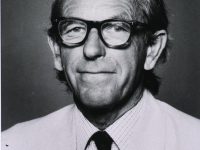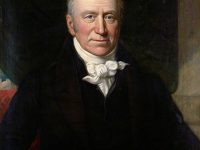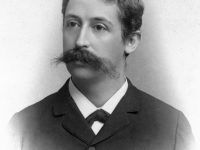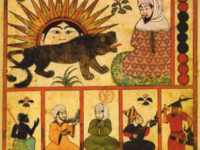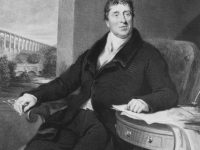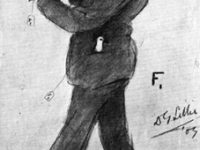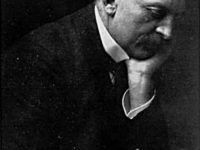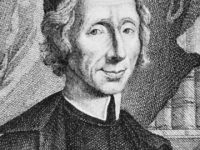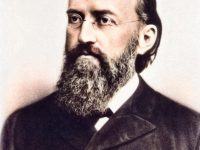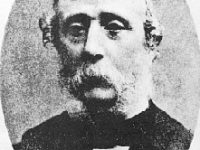Frederick Sanger and the Structure of Proteins
On August 13, 1918, British biochemist Frederick Sanger was born. In 1958, he was awarded a Nobel Prize in chemistry “for his work on the structure of proteins, especially that of insulin“. In 1980, Walter Gilbert and Sanger shared half of the chemistry prize “for their contributions concerning the determination of base sequences in nucleic acids“. “Scientific research is one of the most exciting and rewarding of occupations. It is like a…
Read more











